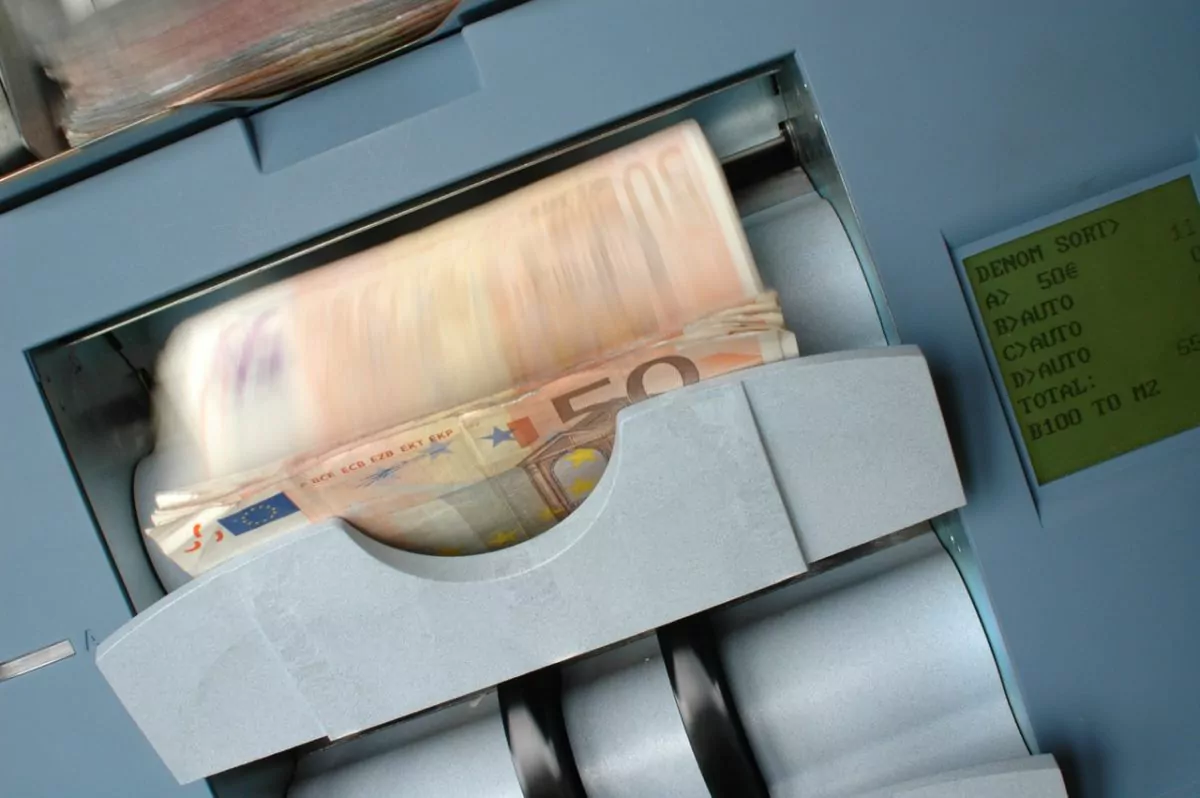French and Italian leaders Emmanuel Macron and Mario Draghi on Thursday called in a joint article for a reform of the Maastricht criteria that set the debt ceiling for countries, RADOR news agency reports.
Urmărește mai jos producțiile video ale Economedia:
- articolul continuă mai jos -
These rules were bracketed during the health crisis to keep EU economies afloat.
“In the same way that these rules did not restrict our response to the pandemic, they must not now prevent us from making all the necessary investments,” the two leaders demand in an article on the Financial Times website.
Emmanuel Macron had already announced on December 9 that he wanted to make reform of the Maastricht criteria one of the priorities of the French EU presidency, saying the question of “for or against 3%” deficit was “outdated”.
His message, backed this time by his Italian counterpart, is aimed at the EU countries most attached to the rules of austerity, including those in northern Europe, which had expressed reluctance before the adoption of an exceptional post-pandemic recovery budget. And Germany’s new chancellor Olaf Scholz, who has so far been much more reserved on the subject.
“We must reduce our debt level, there can be no doubt about that, we cannot hope to achieve this goal by raising taxes or making unsustainable cuts in social spending, nor by nipping growth in the bud, by rebalancing public finances through a budgetary adjustment that would not be viable,” the two leaders plead.
Sustaining long-term growth
The two call for more permissive economic rules in the European Union.
“We must have more room for maneuver and be able to deliver the key spending necessary for our future and our sovereignty. Budgetary rules should support the debt created to finance these investments, which undeniably contribute to the well-being of future generations and to long-term growth, as this public spending actually contributes to long-term debt sustainability,” they add.
According to the Élysée Palace, Emmanuel Macron is counting on the informal summit of EU heads of state and government to make “a quantified estimate of investment needs and the rules that will have to evolve accordingly, including competition rules and trade rules, but also European budgetary rules, which must be adapted to the stakes of the times”.
The French presidency hopes that this work will involve all EU governments in the coming weeks, as well as the social partners and civil society.
Calls welcomed by the European group Renew Europe
We need more investment, new fiscal rules, a strong push towards European strategic, industrial, and defense autonomy, said Sandro Gozi, secretary-general of the European Democratic Party in Italy, and Renew Europe MEP.
“I fully support Presidents Draghi and Macron who, in the call published in the Financial Times, prove to be the two courageous and intuitive leaders the European Union needs to carry out that transformational path towards a stronger and fairer, sovereign and democratic community, a Europe that is up to the great global challenges we face,” Sandro Gozi wrote in a statement.
“The letter published by the Financial Times signed by Draghi and Macron marks a turning point for EU policy. A position that can also be considered the first emanation of the recent agreement between Italy and France, the so-called Pact of the Quirinale Palace,” another Italian Democratic Party MEP, Pina Picierno, said in a statement.
“Our country, thanks to the government led by Mario Draghi, is emerging as a strategic reference point for the European Union, gradually acquiring an authority capable of influencing decision-making processes. The letter underlines the need to reform the budgetary rules, which in various parts seem outdated and not very functional in relation to current scenarios,” the press release continues.

 Sursa foto: Pexels
Sursa foto: Pexels





























